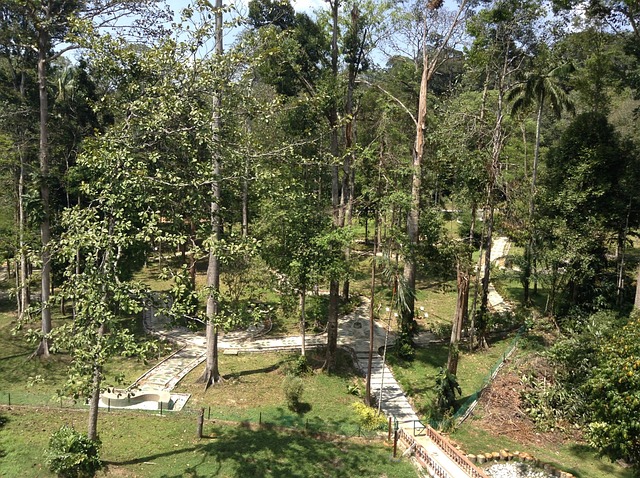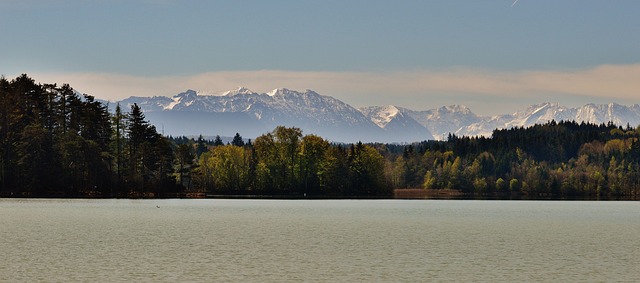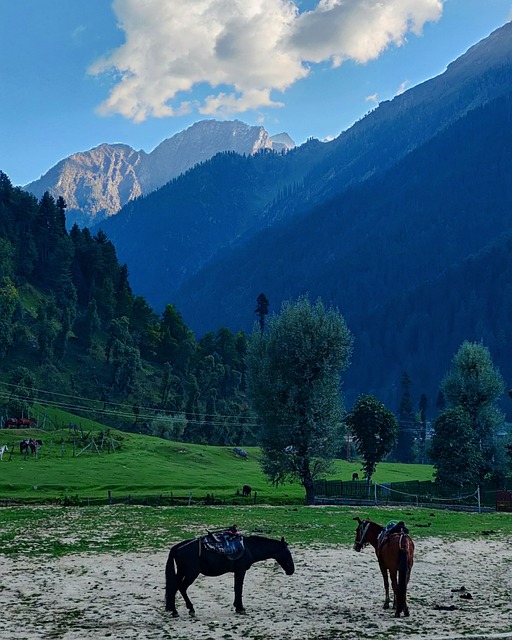b casino 🎬 The Evolving Landscape of Brazilian Casinos: A Formal Analysis of Opportunity and Challenges

The Evolving Landscape of Brazilian Casinos: A Formal Analysis of Opportunity and Challenges
In recent years, the topic of casinos in Brazil has ignited passionate debates among policymakers, stakeholders, and the general populace. A historical examination reveals that the gambling industry has been a contentious subject, oscillating between periods of prohibition and tentative acceptance. The current landscape is marked by a critical juncture, where the potential legalization of casinos could significantly reshape Brazil's economic and social fabric.b casino

The narrative surrounding casinos in Brazil is one entrenched in a complex web of cultural perceptions, economic aspirations, and regulatory hurdles. For decades, the gambling sector has been largely illegal, with the last legal casinos shuttered in the 1940s. However, the recent push for legalization has been buoyed by the promise of increased government revenue, job creation, and a boost to tourism. Proponents argue that legalizing casinos could provide a much-needed financial windfall for a nation grappling with economic challenges.
Economic analysis reveals compelling arguments in favor of regulated casinos. The potential for tax revenue is substantial. Governments could impose levies on casino profits, a move that could translate into millions of reais for public services such as health care and education. Furthermore, the associated tourism industry could flourish, attracting international visitors and stimulating local economies. The argument is that casinos can be integrated into broader entertainment complexes, promoting not just gambling but a diverse array of recreational activities, thereby enhancing the overall attractiveness of Brazilian destinations.
However, the promise of economic gain is tempered by concerns regarding social implications. Critics of casino legalization cite potential increases in gambling addiction, organized crime, and social inequality. The fear is that while some individuals may benefit from employment opportunities associated with casinos, others may find themselves ensnared in the destructive cycle of gambling addiction. Thus, the challenge lies in striking a balance between harnessing economic benefits and safeguarding social welfare.b casino
The regulatory framework surrounding casinos presents another layer of complexity. Legalizing casinos in Brazil would necessitate the establishment of a robust regulatory body tasked with overseeing operations, ensuring compliance with laws, and protecting consumers. The absence of such a framework could lead to exploitation and corruption, undermining the integrity of the industry. Therefore, a well-structured regulatory approach is paramount to mitigate risks and foster a healthy gambling environment.b casino

Moreover, the societal acceptance of casinos is a critical factor that could influence the success of their legalization. Brazil is a nation rich in cultural diversity, and attitudes toward gambling vary widely across different demographics. While some segments of the population may embrace the idea of casinos as a form of entertainment, others may view them with skepticism or outright disapproval. Engaging in public discourse and education about the potential benefits and risks of casinos will be essential to garnering widespread support.b casino
International examples of casino regulation offer valuable insights for Brazil. Countries that have successfully integrated casinos into their economies, such as the United States and several European nations, provide case studies on best practices in regulation and consumer protection. These experiences can inform Brazilian policymakers as they craft their own legislation, ensuring that the industry operates transparently and responsibly.
As the debate over casinos in Brazil continues to unfold, it is evident that the stakes are high. The potential economic benefits must be weighed against the social costs, and a comprehensive strategy that includes education, prevention, and regulation is essential. The path forward may involve pilot programs or phased legalization, allowing for careful monitoring and assessment of impacts before fully committing to an expansive casino industry.b casino
In conclusion, the evolving landscape of Brazilian casinos is characterized by a delicate interplay of opportunity and challenge. As stakeholders engage in discussions about legalization, it is crucial to approach the issue with a balanced perspective, considering not only the economic potential but also the social implications. The decisions made in this pivotal moment will shape the future of gambling in Brazil, with consequences that extend far beyond the casino floor. The hope is that through thoughtful dialogue and informed policymaking, Brazil can create an environment that fosters economic growth while protecting the well-being of its citizens.
Fale conosco. Envie dúvidas, críticas ou sugestões para a nossa equipe através dos contatos abaixo:
Telefone: 0086-10-8805-0795
Email: portuguese@9099.com


